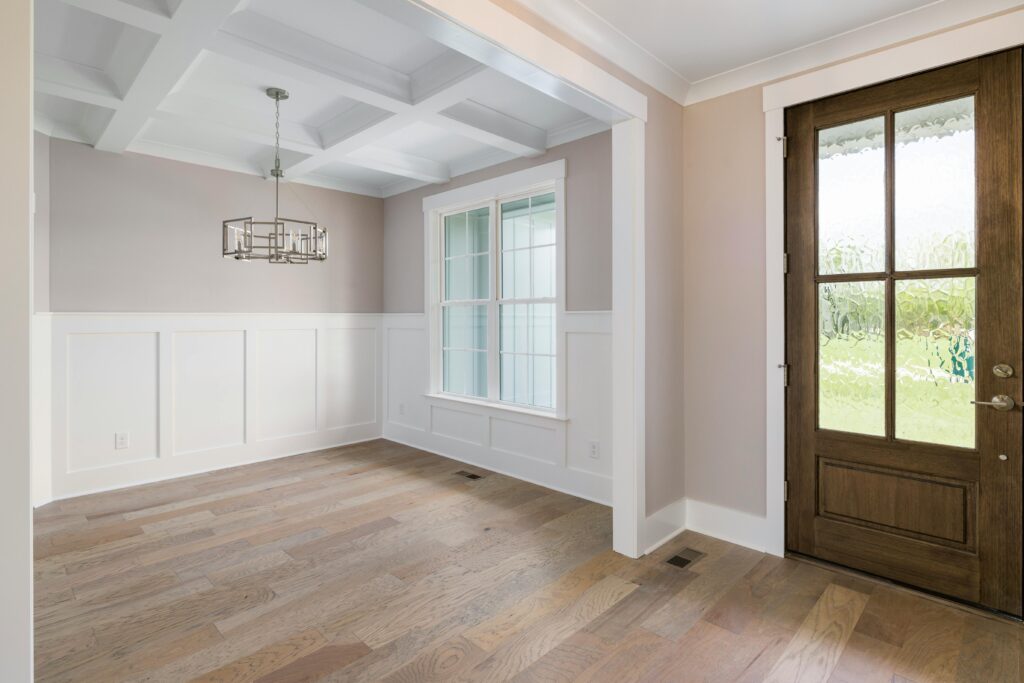Nowadays, the ever-changing economic landscape, deciding whether to buy or rent a home can feel like a daunting choice. With fluctuating interest rates, rising home prices, and shifting rental markets, it’s important to weigh the benefits and drawbacks of each option. Here’s a closer look at the pros and cons of buying versus renting in the current economic climate to help you make an informed decision.

Pros of Buying a Home
Building Equity Over Time When you buy a home, your monthly mortgage payments contribute to building equity—ownership in your property. Over time, as you pay off your mortgage and if home values rise, your investment can grow significantly. Unlike renting, where payments benefit the landlord, owning a home means you’re investing in your future.
Stability and Control Homeownership provides stability, especially when it comes to housing costs. Fixed-rate mortgages, for example, ensure your monthly payments remain consistent, even when rent prices increase. Plus, as a homeowner, you have full control over the property, including the ability to make renovations or updates to suit your preferences.
Tax Benefits In many cases, owning a home offers valuable tax deductions. Mortgage interest, property taxes, and some home improvement expenses may be deductible, helping to reduce your overall tax liability.
Potential for Long-Term Financial Growth With real estate generally appreciating over time, buying a home can be a long-term investment. While the market fluctuates, owning property can often be a sound strategy for wealth-building.
Cons of Buying a Home
High Upfront Costs Buying a home requires a significant initial investment, including a down payment, closing costs, home inspections, and moving expenses. These costs can be daunting, especially for first-time buyers who may not have substantial savings.
Ongoing Maintenance and Repairs Homeownership comes with the responsibility of maintaining the property. From roof repairs to appliance replacements, unexpected costs can arise, and unlike renting, you’ll be responsible for covering these expenses.
Less Flexibility Buying a home locks you into a specific location, which can be a disadvantage if you’re planning to move in the near future. Selling a home can take time, and the process isn’t always guaranteed to be profitable, especially in a down market.
Market Risk While home values tend to appreciate over time, the real estate market can be unpredictable. Economic downturns or changes in your local housing market could impact your property’s value, leaving you with less equity than anticipated.
Pros of Renting a Home
Lower Initial Costs Renting a home typically requires a security deposit and the first month’s rent, which is far less than the upfront costs of buying a home. Renting can be a great way to get into a desirable area without the financial strain of purchasing.
Flexibility Renting offers more flexibility, making it ideal for individuals who are unsure about their long-term plans. Whether you’re moving for a job opportunity, personal reasons, or simply want to explore a new neighborhood, renting allows you to easily change your living situation.
Maintenance-Free Living When you rent, the landlord is usually responsible for maintenance and repairs, which means you won’t have to worry about unexpected costs for things like plumbing issues or appliance breakdowns. This can provide peace of mind and financial predictability.
Potential for Lower Monthly Payments In some markets, renting can be more affordable than owning a home, especially when considering the costs of property taxes, insurance, and maintenance that come with homeownership.
Cons of Renting a Home
No Equity Building Rent payments don’t contribute to ownership or build equity. Essentially, the money you pay for rent is a cost with no return on investment, whereas homeownership allows you to invest in your property’s future value.
Limited Control As a renter, you have limited control over the property. You may not be able to make changes or improvements to the space, and your lease terms could change with little notice, including rent increases or the decision not to renew your lease.
Potential for Rent Increases Rent prices can rise based on market conditions, and in some areas, they’ve been increasing steadily. This can make budgeting more difficult, as you might face higher rental payments once your lease expires.
Less Stability Renting means you don’t have the long-term stability that comes with owning a home. If your landlord decides to sell the property or increase rent significantly, you may have to move unexpectedly.
Making the Right Decision for You
The choice between buying and renting depends on your financial situation, lifestyle, and long-term goals. If you’re ready to settle down, have the financial stability for a down payment, and are prepared to handle the responsibilities of homeownership, buying may be the right option. However, if you value flexibility, prefer not to deal with maintenance issues, or are unsure about your long-term plans, renting could be the better choice for now.
Whatever your decision, it’s important to weigh the pros and cons carefully and consult with financial professionals to ensure you make the best choice for your unique circumstances. Visit us at 850 Easton Rd, Warrington, PA, 18976 or Call us 267-250-5575.

